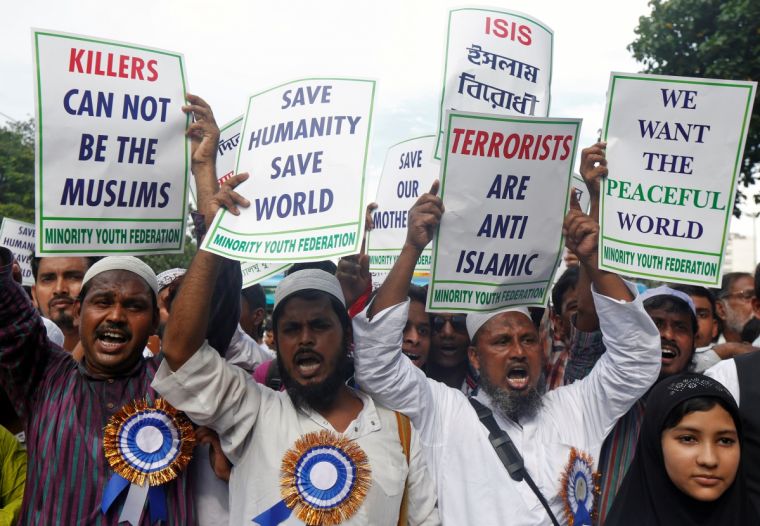Christians join forces with Muslims in voicing out concern over hate crimes in India

In the United States and some parts of Europe, some politicians are apparently promoting discord between Muslims and Christians. But in India, believers of Christianity and Islam are joining hands to fight a common problem: discrimination.
Fifty Christian and Muslim religious leaders gathered in India's capital New Delhi to discuss "challenges for the freedom of religion and belief in India" under Prime Minister Narendra Modi, and to tackle ways on how to address the increasing violence against religious minorities in the Hindu-dominated South Asian nation.
Father Z. Devasagaya Raj, secretary of the Indian Catholic bishops' conference's office for Dalit and indigenous people, lamented how both Christians and Muslims are currently "facing physical, symbolic and structural violence" from Hindu extremists across the country.
This "violence" comes invarious forms: the burning down of churches, burning of Holy Bibles, the rape of nuns, the destruction of Christian schools, some Christian believers being forced to convert to Hinduism, and most unfortunately, the killing of some pastors.
In fact, during the first half of this year, there have been at least 134 reported incidents of violence against Christians in India.
"Every Indian should have the right to practice and promote their religion peacefully," Raj said, as quoted by Vatican Radio.
The hate crimes against Christians and Muslims in India can be attributed to some groups that are attempting to make the country a Hindu state, emboldened by Modi's landslide presidential victory more than two years ago. Modi heads the Hindu nationalist Bharatiya Janata Party.
Among those promoting hate towards religious minorities are ministers and parliamentarians, who have cast Muslims in a bad light, and some even called on believers of Islam to leave India.
T.K. Oommen, a sociologist, meanwhile urged Christians and Muslims in India to strengthen their solidarity in the face of hate crimes, and encouraged them to assert their "identity as citizens of India, and demand our rights as a citizen, rather than crying out as a minority group."











